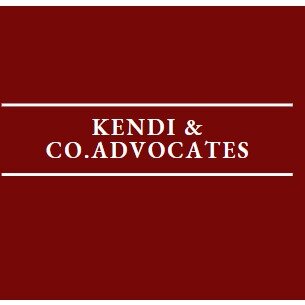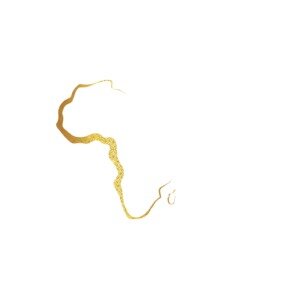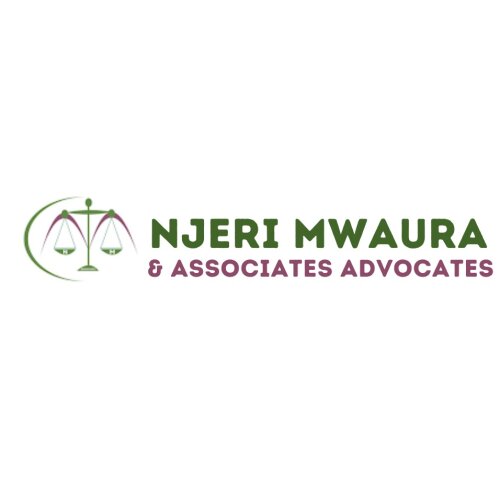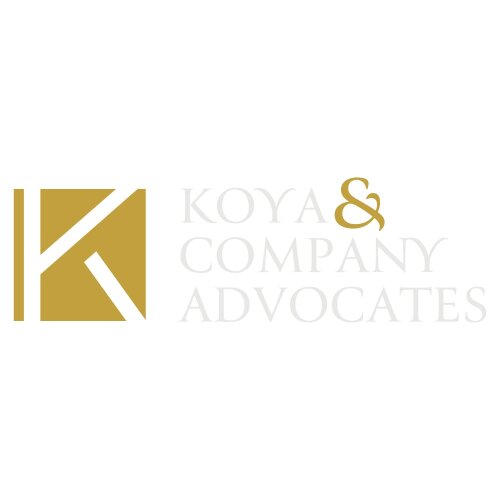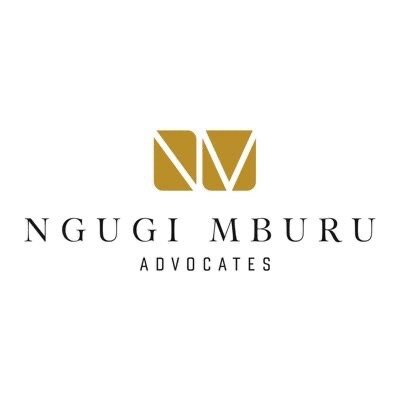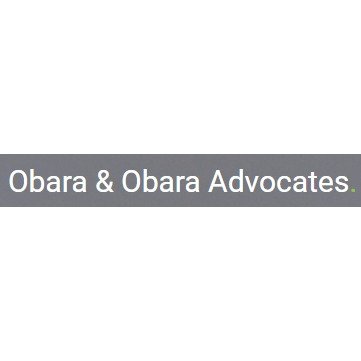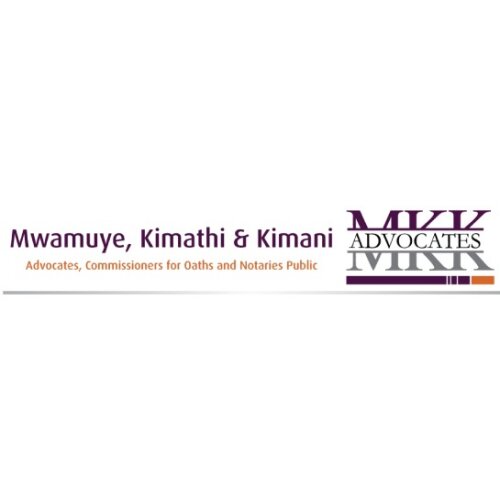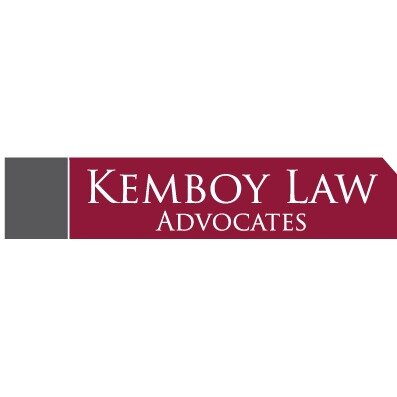About Child Abuse Law in Kenya
Child abuse in Kenya encompasses various forms of violence, exploitation, and neglect, affecting children's physical, emotional, and social development. It is a significant concern given the number of cases reported annually. The Kenyan government, along with multiple non-governmental organizations, is actively working to eradicate child abuse and ensure children's rights are protected under the law. The legal framework in Kenya relating to child abuse is robust, aiming to safeguard children’s welfare and promote their best interests.
Why You May Need a Lawyer
There are several scenarios where engaging a lawyer specializing in child abuse cases may be necessary. These include:
- If you suspect a child is being abused and need guidance on reporting and protective measures
- If you are defending against allegations of child abuse
- If you are involved in custody disputes where allegations of abuse may affect the outcome
- For assistance in interpreting and navigating the legal processes regarding child protection and welfare
- If you represent an organization involved in child welfare and require legal advice on compliance and advocacy
Local Laws Overview
Kenya has several laws and regulations aimed at protecting children from abuse and ensuring their welfare:
- The Children Act, 2001: This Act provides a comprehensive framework for the protection of children, addressing various forms of abuse and neglect.
- The Sexual Offenses Act, 2006: It outlines offenses related to sexual abuse and exploitation, including penalties for offenders.
- The Constitution of Kenya, 2010: Article 53 emphasizes the right of every child to be protected from abuse, neglect, harmful cultural practices, all forms of violence, inhuman treatment and punishment, and hazardous or exploitative labor.
Frequently Asked Questions
1. What constitutes child abuse in Kenya?
Child abuse includes physical, emotional, and sexual abuse, as well as neglect and exploitation. It involves any act or failure to act by a parent or caretaker resulting in harm or potential harm to a child.
2. How do I report a case of child abuse?
Child abuse cases can be reported to the nearest police station, the Children’s Department, or relevant non-governmental organizations. The relevant authorities are obligated to investigate and take appropriate action.
3. What should I do if I am falsely accused of child abuse?
Seek immediate legal assistance to understand your rights and the necessary legal steps. It is crucial to gather evidence and cooperate with any investigations to clarify the situation.
4. Are there legal protections for reporting child abuse?
Yes, whistleblower protections exist to shield individuals who report child abuse cases from retaliation. However, reports should be made in good faith and based on reasonable belief.
5. What is the role of the children's court in Kenya?
The children's court deals specifically with matters involving children, focusing on their welfare and best interests. It handles cases such as child custody, adoption, and protection orders.
6. Can a child be a witness in their own abuse case?
Yes, a child can be a witness. However, the court will consider the child's age, maturity, and the potential impact of giving testimony on the child's well-being.
7. What support is available for children who have experienced abuse?
Various support services, including counseling, medical assistance, and legal aid, are available through government programs and non-governmental organizations to help affected children and their families.
8. How can I get custody of a child affected by abuse?
You may apply to the court for custody. The court will consider whether it is in the child's best interest to be placed in your care, taking into account the circumstances of abuse.
9. What penalties exist for child abuse offenders?
The penalties depend on the nature and severity of the abuse. They can range from fines to imprisonment. Severe offenses, like sexual abuse, attract harsher penalties under the law.
10. How does culture affect child abuse perceptions in Kenya?
Culture can influence what is considered abusive behavior. However, Kenyan law prioritizes child protection and may intervene where cultural practices jeopardize a child's welfare.
Additional Resources
For individuals seeking further assistance or information on child abuse in Kenya, the following resources may be helpful:
- The Department of Children’s Services
- The Kenyan National Council for Children’s Services
- Childline Kenya
- The African Network for the Prevention and Protection Against Child Abuse and Neglect (ANPPCAN)
- UNICEF Kenya
Next Steps
If you require legal assistance related to child abuse, consider the following steps:
- Contact a lawyer who specializes in family and child rights law in Kenya.
- Gather any relevant documentation and evidence related to the child abuse case.
- Consult with local child protection services for guidance and support.
- Attend any scheduled court hearings or investigations as required.
- Follow through with the legal process and any recommended recovery measures for affected children.
Lawzana helps you find the best lawyers and law firms in Kenya through a curated and pre-screened list of qualified legal professionals. Our platform offers rankings and detailed profiles of attorneys and law firms, allowing you to compare based on practice areas, including Child Abuse, experience, and client feedback.
Each profile includes a description of the firm's areas of practice, client reviews, team members and partners, year of establishment, spoken languages, office locations, contact information, social media presence, and any published articles or resources. Most firms on our platform speak English and are experienced in both local and international legal matters.
Get a quote from top-rated law firms in Kenya — quickly, securely, and without unnecessary hassle.
Disclaimer:
The information provided on this page is for general informational purposes only and does not constitute legal advice. While we strive to ensure the accuracy and relevance of the content, legal information may change over time, and interpretations of the law can vary. You should always consult with a qualified legal professional for advice specific to your situation.
We disclaim all liability for actions taken or not taken based on the content of this page. If you believe any information is incorrect or outdated, please contact us, and we will review and update it where appropriate.




